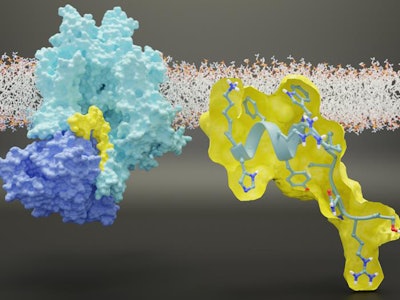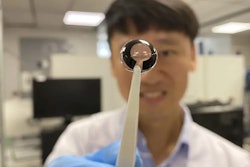
NYU
According to a recent Medgadget article, researchers at NYU have made significant strides in the field of gene therapy by creating a novel approach to alleviate chronic pain. The team focused on a critical component of pain perception – the NaV1.7 sodium ion channel found on neurons. With genetic engineering, they encoded a specialized peptide that facilitates the binding of a modulatory protein known as CRMP2 to the NaV1.7 channel. This engineered change disrupted CRMP2's normal interaction with the sodium channel, resulting in decreased pain transmission.






















